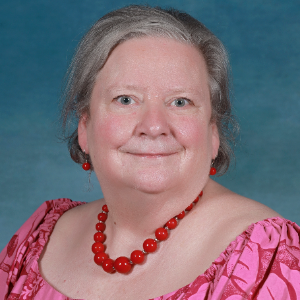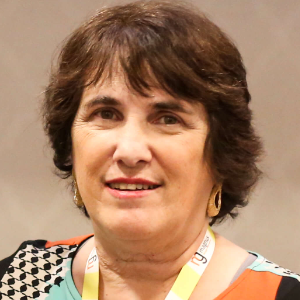Family Nursing
Family nursing is a type of primary care that is delivered to patients of all ages, from infants to the elderly. Nurses analyse the health of the entire family in order to detect health problems and risk factors, assist in the development of treatments to address health concerns, and execute interventions to enhance the individual's and family's health. Family nurses frequently work with patients throughout their lives. This contributes to the development of a solid relationship between the health care practitioner and the patient. Family nursing is more concerned with the care of the family unit than with the treatment of the patient. It also employs a collaborative approach to health treatment. A family nurse performs many of the same tasks as a physician. They can write prescriptions, but they require a broader set of skills and expertise to properly care for their patients.
- Family Health
- Family Illness
- Disease Management
- Practice and Education
- Home Care

Nina Beaman
Aspen University, United States
Daryle Wane
Pasco-Hernando State College, United States
Robin Adams Geiger
Ingenovis Health, United States
Elvessa Narvasa
Quebec CCN, Canada
Sue Roe
The Roe Group Enterprises, LLC, United States
Maria Kozlowski Gibson
Cleveland State University, United States


Title : Nurse as designer: Innovative practice contributing to nursing science
Jean Ross, Otago Polytechnic, New Zealand
Title : Creating a culture of mentorship: Empowering nurses to reach their full potential
Robin Adams Geiger, Ingenovis Health, United States
Title : Emerging paradigm of patient care in the age of wearable technology
Elvessa Narvasa, Quebec CCN, Canada
Title : Late adverse effects of the treatment for childhood cancer
Jelena Roganovic, University of Rijeka, Croatia (Hrvatska)
Title : Relevance of clinical practice in nursing education
Daryle Wane, Pasco-Hernando State College, United States
Title : The neurobiology of aggression: De-escalation and whole-brain processing techniques
Nina Beaman, Aspen University, United States